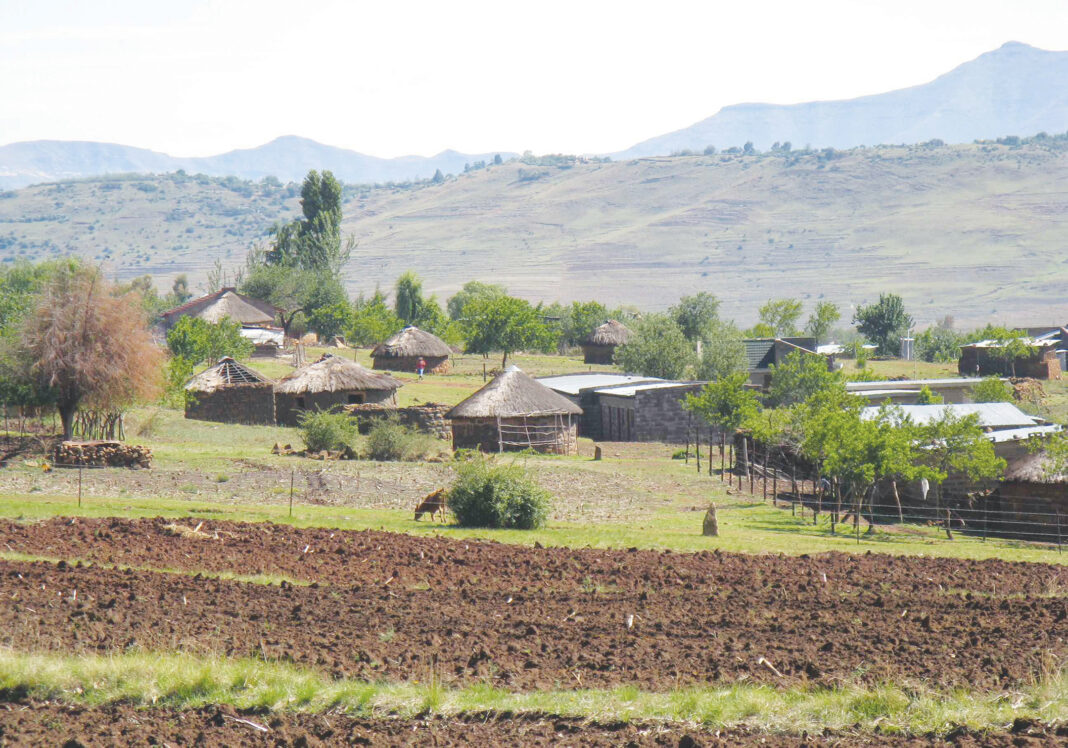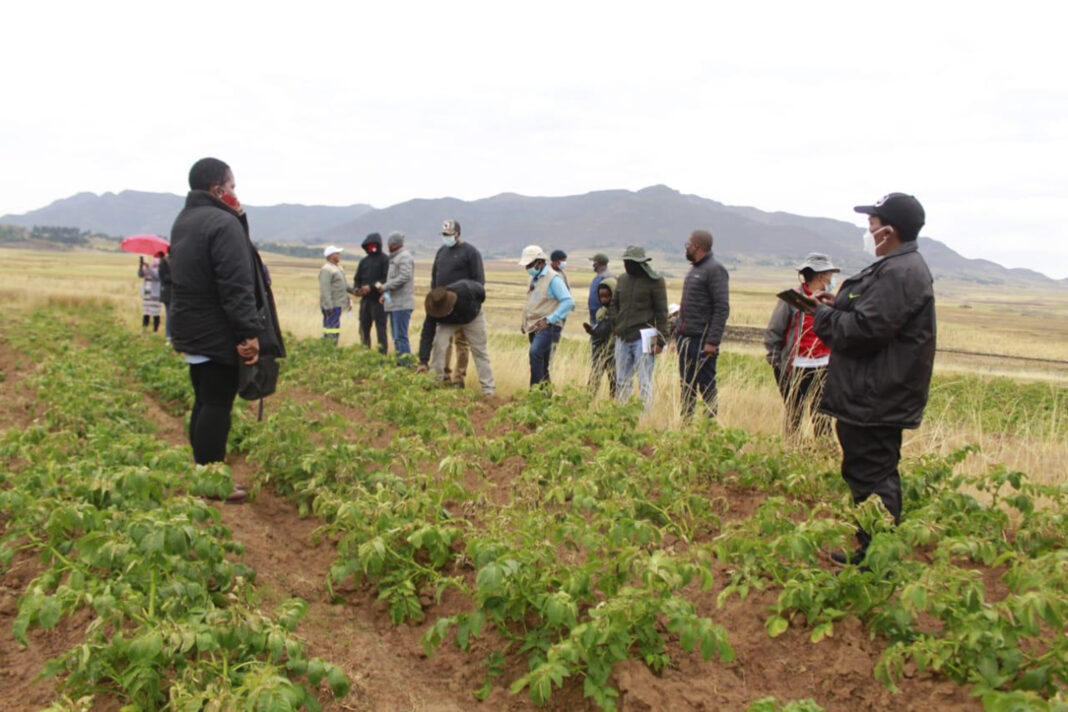By Kefiloe Kajane
Some residents in Ha Foso, just about eight km east of Maseru city in the Berea district have vowed to stay put in the area amidst threats of possible evictions by the local government minister.
The villagers claimed this week they possessed proper documents as rightful owners of land supposedly earmarked as crop fields.
The land on which residential houses have been erected was initially allocated as agricultural land to the nearby villagers. They were sold to people who have now built residences.
Original land owners claimed they were experiencing soil degradation and persistent droughts in recent years, making it impossible to till the land. That forced them to sell off their property to those willing to settle there.
But there are deep concerns that some of the land occupants, like those in the Ha Foso area, have turned pieces of land allocated for agricultural purposes for building homes.
This has irked local government minister Tṧoinyane Rapapa, who has voiced his deepening concerns at the illegal use of agricultural land as dwellings.
Rapapa’s concerns rattled the National Assembly during a sitting of the legislature last week.
He said such activities were taking a strain on agricultural land resulting in reduced crop production.
But the Ha Foso residents are not fazed by the threats.
Quoting the Land Act of 2010, Rapapa said the legislation was firm that land is vested in the Basotho nation and “is held in trust by the King.” He quashed suggestions that the land was owned by individuals, warning that they were only entrusted to use it.
Talking to this paper on Wednesday, Rapapa threatened eviction of dwellers who have illegally constructed buildings on the land meant for agricultural purposes.
A permit is required for one to build a house on a particular site.
He stipulated that in urban areas such as Teyateyaneng, in Berea, Mazenod in Maseru and in Qacha’s Nek, houses are seen mushrooming on agricultural land.
Under the Land Act, people bidding to use the land piece for certain purposes are permitted to do so by local authorities under particular circumstances such as development.
Rapapa also quoted clauses which he said are important for people to know before they could make use of the land, allocate and sublease it.
He accused some companies, especially land developers, of conducting unauthorized land sales and allocation in collaboration with some chiefs.
A Ha Foso resident, ‘Matsepo Lintṧa, is ignorant of the legislation regulating land allocation, and wondered where the government was expecting them to build human settlements.
“The government should have a structured policy and regulations on land allocation so as to avert building homes on agricultural land,” she remarked.
Another resident, Temoso Melato, revealed that he sold off his crop field as it was no longer productive due to poor soil fertility.
While also admitting to a shortage of land for human dwelling, he was mindful that agriculture was the backbone of the country’s economy.
He expressed hope that land would be available for future generations.
“If not so, where will our future children live? The houses are as important as the land we till,” Melato concluded.









